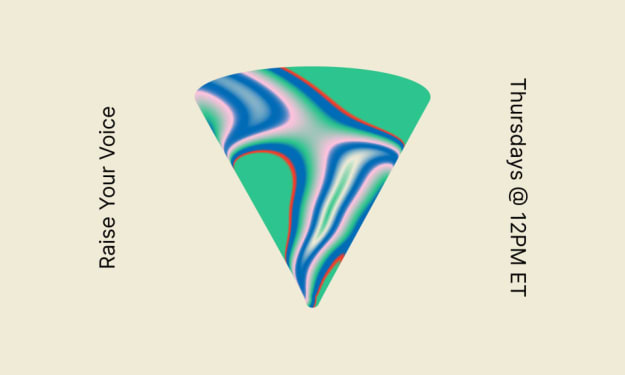Suffocating Depths: Unveiling the Crisis of Ocean Waste and Charting a Course for Conservation
Exploring the Origins, Threats, and Remedies to Preserve Our Oceans and Protect Marine Life

First of all,
The seas, which are brimming with life and essential to the health of our planet, are facing an increasingly serious pollution dilemma as a result of human activity. This article explores the causes of ocean garbage, the risks it presents, the effects it has on marine life, the efforts being made to collect it now, and the preventative steps being taken to lessen pollution in the ocean and protect the planet's essential ecosystems.
Where Ocean Waste Comes From:
Sources on Land: Stormwater runoff, improper trash disposal, and littering are the main land-based activities that contribute to the majority of ocean pollution. Debris, plastics, and chemicals end up in rivers and eventually the ocean, adding to the growing catastrophe.
Maritime Activities: The fishing and shipping sectors contribute to ocean pollution. Fishing gear left behind, oil spills, and unintentional vessel releases exacerbate the stress on the environment, endangering marine habitats.
Risks and Repercussions:
Ecological Disruption: By upsetting habitats and putting a variety of species in jeopardy, ocean garbage seriously threatens marine ecosystems. Because they are essential to marine biodiversity, coral reefs are especially vulnerable to pollution damage.
Damage to Marine Life: Fish and other aquatic creatures frequently mistake plastic waste for food, which results in ingestion. This damages individual animals as well as adds poisons to the food chain, which in turn has an impact on human health.
Economic Effects: Fisheries, tourism, and coastal populations who depend on healthy seas for their livelihoods are all negatively impacted by the deterioration of marine ecosystems.
Present-Day Gathering Activities:
Ocean trash is being aggressively addressed by international programs and organizations:
Projects to Clean the Ocean: Groups such as The Ocean Cleanup use cutting-edge technology to Gather and eliminate plastic debris from the water. These initiatives make use of floating barriers and debris-collection boats.
Campaigns for Volunteer Cleanup: One major factor in the removal of garbage is the involvement of community-driven initiatives like river monitoring and beach cleanups. These programs raise awareness and involve the neighborhood in the battle against ocean pollution.
Strategies to Reduce Ocean Waste:
Decrease Single-Use Polymers: Businesses and governments alike may enact laws to limit the usage of single-use plastics. Important first actions include supporting recycling programs and encouraging the adoption of sustainable alternatives.
Better garbage Management: Land-based garbage from spilling into seas may be stopped by putting in place effective waste management systems globally. Waste management and recycling are crucial elements of this plan.
Raising public awareness and educating people about the effects of Changing behavior may be sparked by encouraging ethical consumption and reducing ocean pollution. Campaigns for environmental awareness can motivate people to make decisions that protect the environment.
Packaging Innovation: Reducing the environmental effect of packaging waste may be achieved by encouraging firms to engage in biodegradable material research and to use eco-friendly packaging solutions.
Conclusion:
The problem of ocean garbage necessitates immediate action and coordinated efforts from all levels of government. Proactive steps, such as trash reduction, effective waste management, and creative cleaning projects, are required in light of the risks to marine life and ecosystems. Through the promotion of a worldwide dedication to preservation and sustainability, we can work together to steer the world toward cleaner waters, guaranteeing the maintenance of our planet's valuable ecosystems for future generations.
"Plastic pollution is a silent killer, suffocating marine life and poisoning the very source of life for our planet. It's a call to action we cannot ignore." - Alexandra Cousteau
About the Creator
Ashwatha K
>Writes down article just to explore
>Check out my Article if you are a person who is interested in humanity, history, science, skincare stuffs
>let's share our knowledge with each other and wrap up ourself
>Spread positivity🦋☘️






Comments
There are no comments for this story
Be the first to respond and start the conversation.